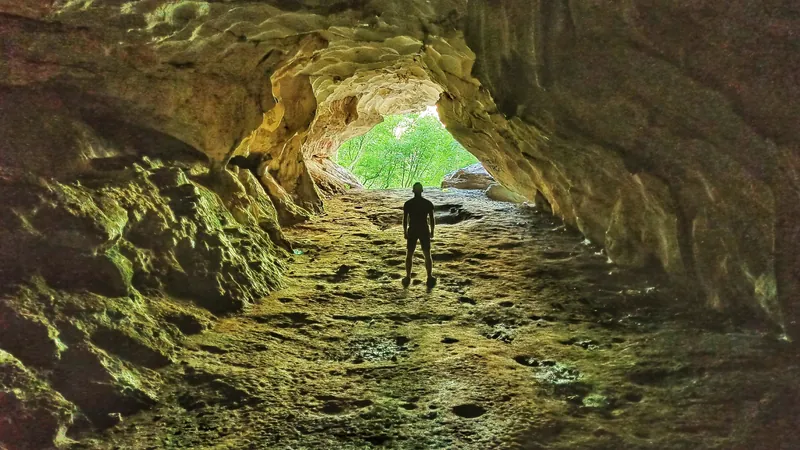
Ancient DNA Secrets: How Extinct Hominins Empowered Early Americans
2025-08-21
Author: Noah
Imagine an epic, icy journey—thousands of years ago, brave ancient humans crossed vast stretches of ice from Siberia to the Americas, facing unimaginable challenges. Recent groundbreaking research from the University of Colorado Boulder has unveiled an incredible twist in this story: these early nomads carried with them a surprising genetic legacy from a now-extinct group known as Denisovans, which may have been crucial for their survival in unfamiliar lands.
Reviving the Denisovans: A Mysterious Ancestor
Denisovans, enigmatic relatives of modern humans, roamed from present-day Russia to Oceania and the Tibetan Plateau tens of thousands of years ago. Initially identified just 15 years ago from a fragment of bone, their physical traits remain largely a mystery, yet researchers now know they interbred with both Neanderthals and early humans, influencing our biology in profound ways.
Unpacking Genetic Connections
In this latest study published in the journal *Science*, lead authors Fernando Villanea and David Peede dove into the genomes of humans worldwide, particularly focusing on a little-known gene called MUC19, vital for immune system function. Their findings revealed that Indigenous Americans are significantly more likely to carry a Denisovan variant of this gene—hinting that this ancient DNA may have been a secret weapon for early human settlers navigating the unique ecosystems of the Americas.
MUC19: The Key to Survival?
MUC19 is one of only 22 genes in mammals that produce mucins—proteins that create mucus, crucial for protecting tissues against pathogens. Villanea notes that although its exact role in human health is still poorly understood, this gene's unique Denisovan variant could have conferred vital advantages against the novel challenges faced by early Americans.
A Surprising Genetic Sandwich
The team's analysis indicated that one in three individuals of Mexican ancestry carry this Denisovan variant. Even more astonishing, the Denisovan genetic material appears to be enveloped by Neanderthal DNA, forming what Villanea charmingly describes as an "Oreo of ancient ancestry." This suggests a complex web of interbreeding, first between Denisovans and Neanderthals, then between Neanderthals and early humans.
A Revolutionary Adaptation
What fueled the success of these early Americans? As they faced unprecedented environments, food sources, and pathogens in their new homeland, the adaptive advantages bestowed by Denisovan DNA may have been pivotal. This genetic infusion likely guided their innovations in hunting, agriculture, and overall survival strategies.
Looking Ahead: Future Research
Villanea plans to delve deeper into how the Denisovan MUC19 gene variant influences the health of modern populations. Ultimately, this study serves as a powerful testament to human resilience and adaptability, revealing that our genetic legacy is not just a link to our ancestors, but a toolkit for surviving and thriving in an ever-changing world.

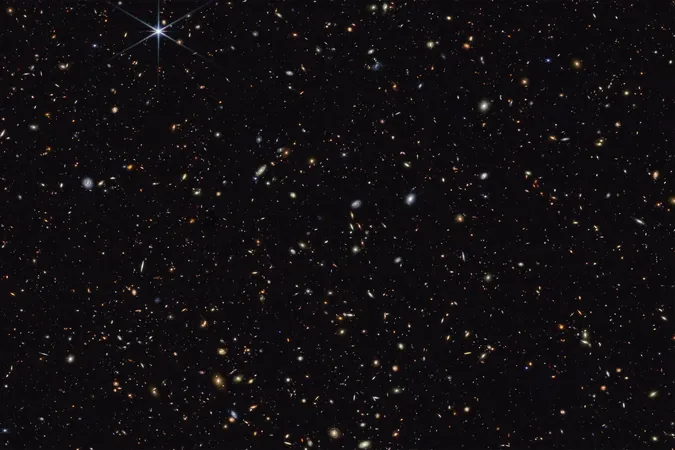
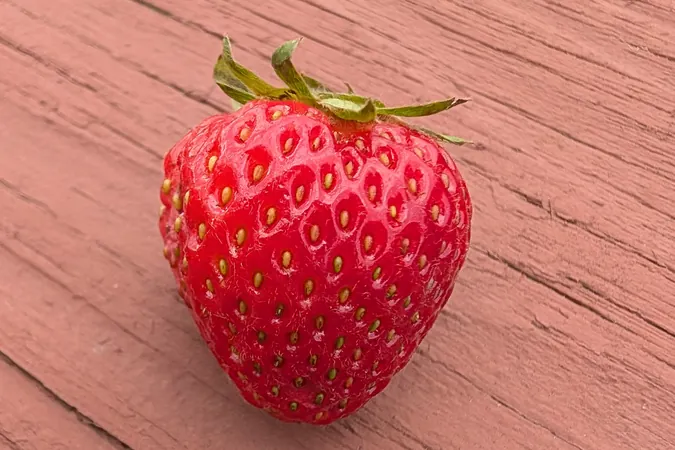

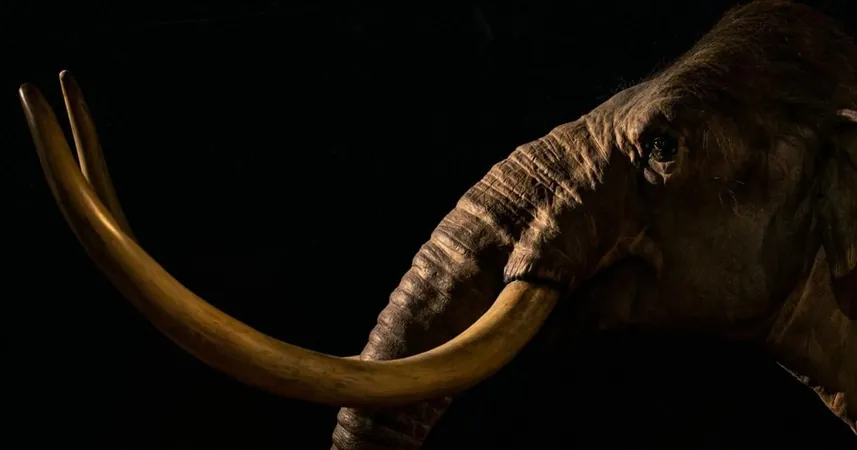

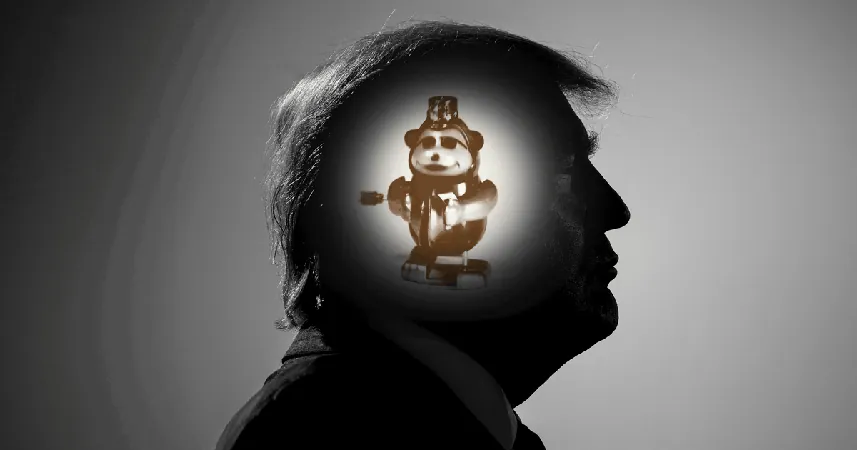

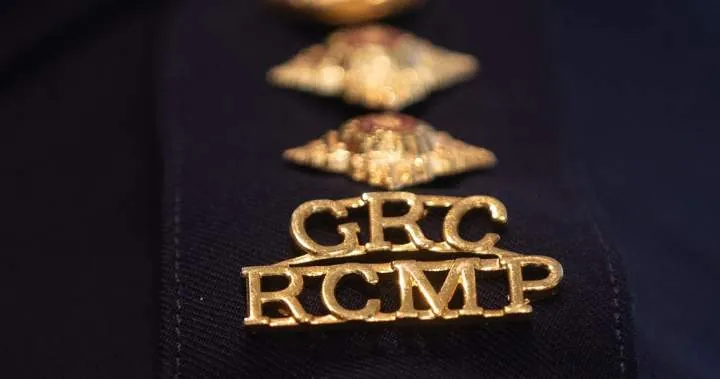
 Brasil (PT)
Brasil (PT)
 Canada (EN)
Canada (EN)
 Chile (ES)
Chile (ES)
 Česko (CS)
Česko (CS)
 대한민국 (KO)
대한민국 (KO)
 España (ES)
España (ES)
 France (FR)
France (FR)
 Hong Kong (EN)
Hong Kong (EN)
 Italia (IT)
Italia (IT)
 日本 (JA)
日本 (JA)
 Magyarország (HU)
Magyarország (HU)
 Norge (NO)
Norge (NO)
 Polska (PL)
Polska (PL)
 Schweiz (DE)
Schweiz (DE)
 Singapore (EN)
Singapore (EN)
 Sverige (SV)
Sverige (SV)
 Suomi (FI)
Suomi (FI)
 Türkiye (TR)
Türkiye (TR)
 الإمارات العربية المتحدة (AR)
الإمارات العربية المتحدة (AR)